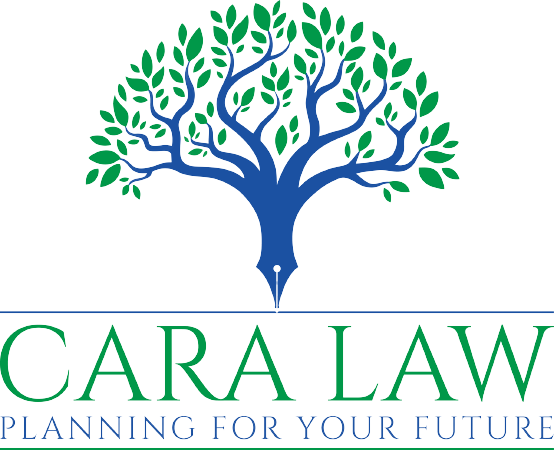
Understanding and meeting Medicaid eligibility requirements is crucial for individuals who need long-term care but cannot afford the high costs associated with nursing homes or in-home care. Medicaid provides essential financial assistance, but qualifying for these benefits involves strict income and asset limits, along with other specific criteria. At Cara Law, we specialize in guiding clients through the Medicaid eligibility process, ensuring that they meet the necessary requirements without sacrificing their financial stability.
Understanding Medicaid Eligibility
Medicaid is a needs-based program, which means that eligibility is determined by your financial situation. The criteria for Medicaid eligibility in New York include both income and asset limits, which can vary depending on the type of Medicaid assistance you are seeking.
Income Limits
To qualify for Medicaid, your income must fall below a certain threshold. This limit is adjusted annually and varies based on factors such as household size and the type of Medicaid coverage. For long-term care Medicaid, the income limits are typically more stringent, and any excess income may need to be handled through specific planning strategies, such as a Qualified Income Trust (QIT).
Asset Limits
In addition to income, Medicaid has strict asset limits. To be eligible, an individual must have countable assets below a specified amount, typically $2,000 for an individual in New York. Certain assets, such as your primary residence, personal belongings, and a vehicle, may be exempt. However, other assets, like savings accounts, investments, and additional properties, are considered countable and must be managed carefully to meet eligibility requirements.
The Look-Back Period
New York’s Medicaid program includes a five-year look-back period for asset transfers. This means that any transfer of assets for less than fair market value within the five years before applying for Medicaid could result in a penalty period during which you are ineligible for benefits. Proper planning is essential to avoid penalties and ensure that you qualify for Medicaid when needed.
Spousal Protections
Medicaid offers certain protections for the spouse of a Medicaid applicant, known as the “community spouse.” These protections allow the community spouse to retain a portion of the couple’s assets and income, ensuring they are not left financially destitute while their spouse receives long-term care. Understanding these protections and how they apply to your situation is a key component of Medicaid planning.
How Cara Law Can Help
Navigating Medicaid eligibility is a complex process that requires careful planning and a deep understanding of the rules and regulations. At Cara Law, we work closely with clients in Garden City, NY, and beyond, to develop tailored strategies that ensure they meet Medicaid eligibility requirements without depleting their assets. We bring years of experience and a compassionate approach to helping individuals and families secure Medicaid benefits. Our personalized services are designed to ease the burden of navigating Medicaid eligibility, allowing you to focus on your health and well-being.
